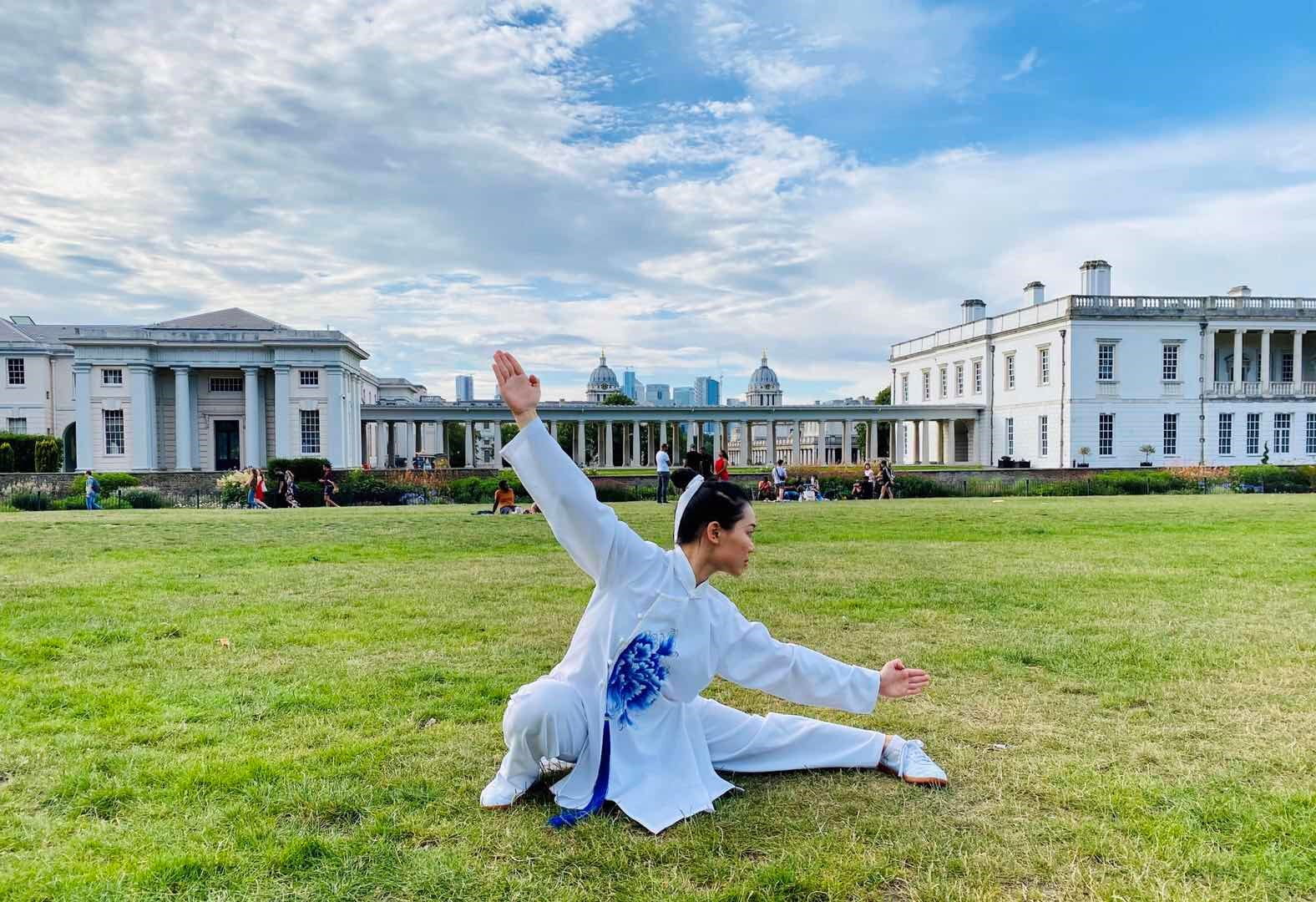As the pace of work and life continues to accelerate, people today are facing more and more pressure. They are constantly adjusting themselves in order to adapt to social development and environmental changes. This can lead to long-term mental fatigue, which in turn can have a negative impact on our mental health. According to data released by the World Health Organization in 2007, about 1 billion people worldwide are experiencing the effects of psychological and mental health issues, and this number is still rising year by year.
For many of us, this can be triggered by negative emotions. How can we tackle these negative emotions so that we can restore mental health, instead of heading towards mental health issues? Some people choose to play games online, other turn to overeating, others yet find a few friends to get drunk. In fact, other than a temporary ways to vent out our emotions, these methods do little good for our mind and body.
Is there any way to relieve our bad emotions without harming the body? Yes! Health Qigong is a good choice. A large number of experimental research results shows that long-term practice of Health Qigong can relieve anxiety and depression. Elderly people, students, and white-collar workers have tried repeatedly. For example, a study found that after three months of practicing Health Qigong Wu Qin Xi, middle-aged and elderly women’s positive emotions were significantly enhanced, negative emotions were significantly alleviated, and their mental health scores were significantly improved.
Some specific movements in Health Qigong exercises can effectively improve mental health. For example, In Health Qigong Liu Zi Jue or Six Sounds exercises (六字诀) , the theory of traditional Chinese medicine holds that the heart will respond when the sound “HE” (呵) is pronounced, and that exhalation while pronouncing ”HE” will help to rid the heart of turbid Qi. And it has the functions of clearing heat and reducing the fire, calming the mind, and nourishing the heart.
In addition, in Health Qigong Yi Jin Jing or Tendon-Muscle Strengthening Exercises (易筋经) , the movement of “Black Dragon Displaying Its Claws” (青龙探爪势), the two ribs can be alternately opened and closed by turning around, probing the claws left and right, and bending forward, so as to soothe the liver, regulate qi, and regulate emotions. Traditional Chinese medicine believes that the liver controls venting, indicating that the liver has the functions of stretching, raising, and regulating its capacity. People’s modal activities are not only governed by the heart, but also closely related to the liver. They can also dredge the channels of the liver and Qi and smooth the mind and mood, besides improving the mobility of the waist and lower limbs.
Moreover, Health Qigong Wu Qin Xi or Five-Animal Exercises (五禽戏) is a set of physical and mental sports with rich connotations. In the process of practice we should not only carefully imitate the movements of each animal, but also try our best to understand their psychological state and imitate their psychological characteristics. When practicing Tiger Exercise (虎戏) , try to mimic the manner of a tiger, mightiness and majesty with eyes staring ahead; you think you are a fierce and incomparable tiger patrolling on the hills. Try to mimic the manner of a deer – swiftness, freedom, and unrestrainedness when practicing Deer Exercise (鹿戏) , thinking that you are a light-hearted and alert sika deer playing in the grass. When practicing Bear Exercise (熊戏) , try to mimic the manner of a bear: composure, tranquillity, dexterity, as well as heaviness, thinking that you are a calm and honest black bear walking in the forest. When practicing Monkey Exercise (猿戏) , try to mimic the manner of a monkey: agility and quickness, and the nature of glancing around, thinking yourself are a clever naughty monkey climbing the tree. When practicing Bird Exercise (鸟戏), it is expected to manifest the manner of a bird: calmness, lightness, elegance and grace; think that you are a safe and carefree bird flying in the sky.
In the process of these intense and realistic psychological imitations, our mental state changes quickly involuntarily. This immersive feeling can quickly change our mental state and free us from bad emotions. When we are calm and relieved, we can often see our troubles from a different perspective and find that they are not as serious as we thought. If we persist in practicing, our hearts will be livelier, our psychological endurance will become stronger, and our mind will naturally become healthier.
All in all, practicing Health Qigong can not only strengthen the body, but also improve people’s mood, improve people’s social adaptability, and have a positive effect on people’s mental state. Finally, everyone is welcome to join us in learning and practicing Health Qigong to maintain physical and mental health! Take care, thank you!

Author: Chengmei Liang: Mandarin and Chinese martial arts teacher
Chengmei teaches Tai Chi and Qigong short courses in Goldsmiths Confucius Institute. She also oversees 1-1 Mandarin short courses in the department and works as part of our Outreach for Schools programme.
